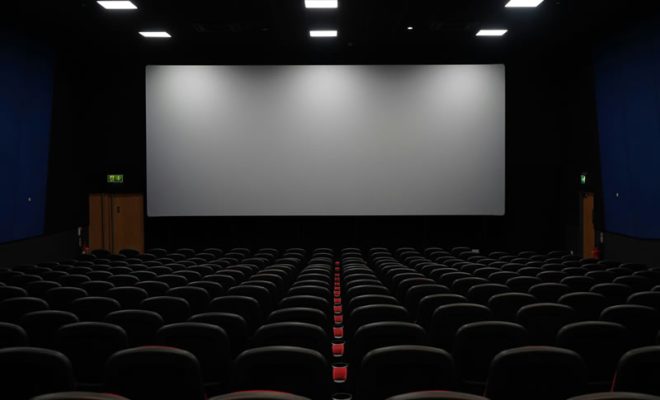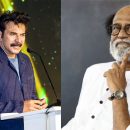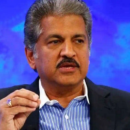Banned and Controversial: Examining India’s Cinema Censorship on Communal Grounds

The recently released film “Hamare Baarah” has found itself entangled in controversy, leading to its ban by the Karnataka government. The movie which is said to explore sensitive themes related to communal issues has once again sparked debates about freedom of expression and censorship in Indian cinema. This is not a standalone incident ; over the years multiple films have faced the fear of bans and protests due to their contentious subject matter, often related to communal tensions. Here is a look at ten notable films that were banned in India for communal reasons:
The Kerala Story
This film by Sudipto Sen, The Kerala Story faced a ban in West Bengal by Mamta Banerjee. It delved into the sensitive topic of alleged conversion and radicalization of women in Kerala. The portrayal of these themes led to massive backlash resulting in its ban in the state.
Inshallah Kashmir
Directed by Ashvin Kumar, “Inshallah Kashmir” was released online in 2012. This documentary that underscores the commotion and suffering in the Kashmir valley. Due to its scrutiny on the government’s policies and depiction of communal violences, it struggled to find a traditional release and was subsequently banned.
Paanch
Directed by Anurag Kashyap, “Paanch” was inspired by the real life Joshi- Abhyankar serial murders in Pune. Though not explicitly communal, its depiction of violence and anarchy led to its ban, with concerns about its potential to incite unrest.
Black Friday
Anurag Kashyap is one of the favorite children of controversies. He is back with another film, “Black Friday” faced a ban due to its subject matter- the 1993 Bombay bombings. The film’s detailed reconstruction of the events and the involvement of communal groups led to a court ordered delay in its release until the verdict of the case was announced.
https://www.hotstar.com/in/movies/black-friday/1000067428
Also Read | Sunny Leone Biography: Unlock the Hidden Facts About Sunny Leone. Her connection with Tibet To Ex-BF!
Parzania
Parzania, a film by Rahul Dholakia is based on the true story of a Parsi boy who went missing during the 2002 Gujarat riots, was banned in Gujarat. Despite receiving critical acclaim, the film’s raw portrayal of the riots made it controversial and unwelcomed in the state where the events took place.
https://www.hotstar.com/in/movies/parzania/1000221680
Amu
A film by Shonali Bose “Amu ” explores the 1984 anti Sikh riots through the eyes of an Indian American woman discovering her roots. Its portrayal of the riots and criticism of the political mainstream led to evident hurdles in its release, including unofficial bans in some regions.
Sadda Haq
Directed by Mandeep Benipal, This Punjabi film “Sadda Haq film” was set against the backdrop of the 1980’s insurgency in Punjab, which faced bans in Punjab, Haryana, Chandigarh and Delhi. Leaders feared it could incite violence and effect communal harmony due to its portrayal of militant movement.
Aarakshan
Directed by Prakash Jha, “Aarakshan” a film on caste based reservations in India, was banned in Uttar Pradesh, Andhra Pradesh and Punjab. The sensitive nature of its subject, coupled with fears of communal unrest, led to its prohibition in these states.
Kedarnath
Directed by Abhishek Kapoor “Kedarnath ”, is a love story set against the context of the 2013 Uttarakhand floods. It faced a temporary ban in Uttarakhand due to its depiction of an interfaith romance between a Muslim boy and Brahmin girl in Kedarnath, which some groups felt could hurt religious sentiments and lead to communal tensions.
The Kashmir Files
Directed by Vivek Agnihotri, “The Kashmir Files” is a controversial film that portrays the genocide and exodus of Kashmiri Pandits from the Kashmir Valley in the late 1980’s and early 1990s. The film faced bans and massive criticism for its portrayal of events, which some believed could sow communal discord.
The banning of these films underscores the ongoing tension between communal sensitivities and creative expressions in India. While filmmakers sparked conversations about pressing social issues to the forefront, they often encountered defiance from various quarters concerned about maintaining public order. The crucial balance between social harmony and art continues to spark debate and reflection on the role of cinema in Indian society. As these films show, the path to creative freedom is full of challenges, yet their stories often find a way to be told, connecting with audiences and initiating crucial conversations.



